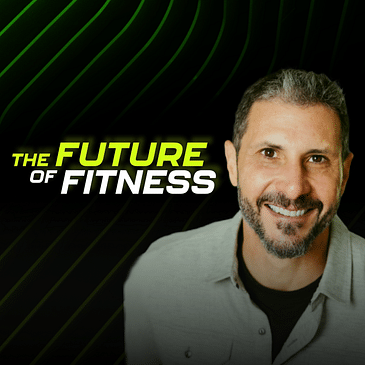In this episode, Vadim Fedotov shares his journey from a professional athlete to becoming the CEO of Bioniq, a personalized supplement company. Vadim talks about his early life, his father's influence, and his career in basketball that was cut short due to injuries. This experience fueled his interest in health optimization. He transitions to discuss his corporate journey, including his role at Groupon, and eventually founding Bioniq. Vadim highlights the company's mission to provide personalized supplements based on blood tests, the challenges faced in the early stages, and their recent rapid growth in markets like the US and Saudi Arabia. He also touches on the importance of partnerships, the data-driven approach of Bioniq, and the unique value proposition of their products. Vadim emphasizes transparency, the ups and downs of entrepreneurship, and the importance of maintaining a vision to achieve global recognition in the health and wellness industry.
https://www.instagram.com/vadim_bioniq/


